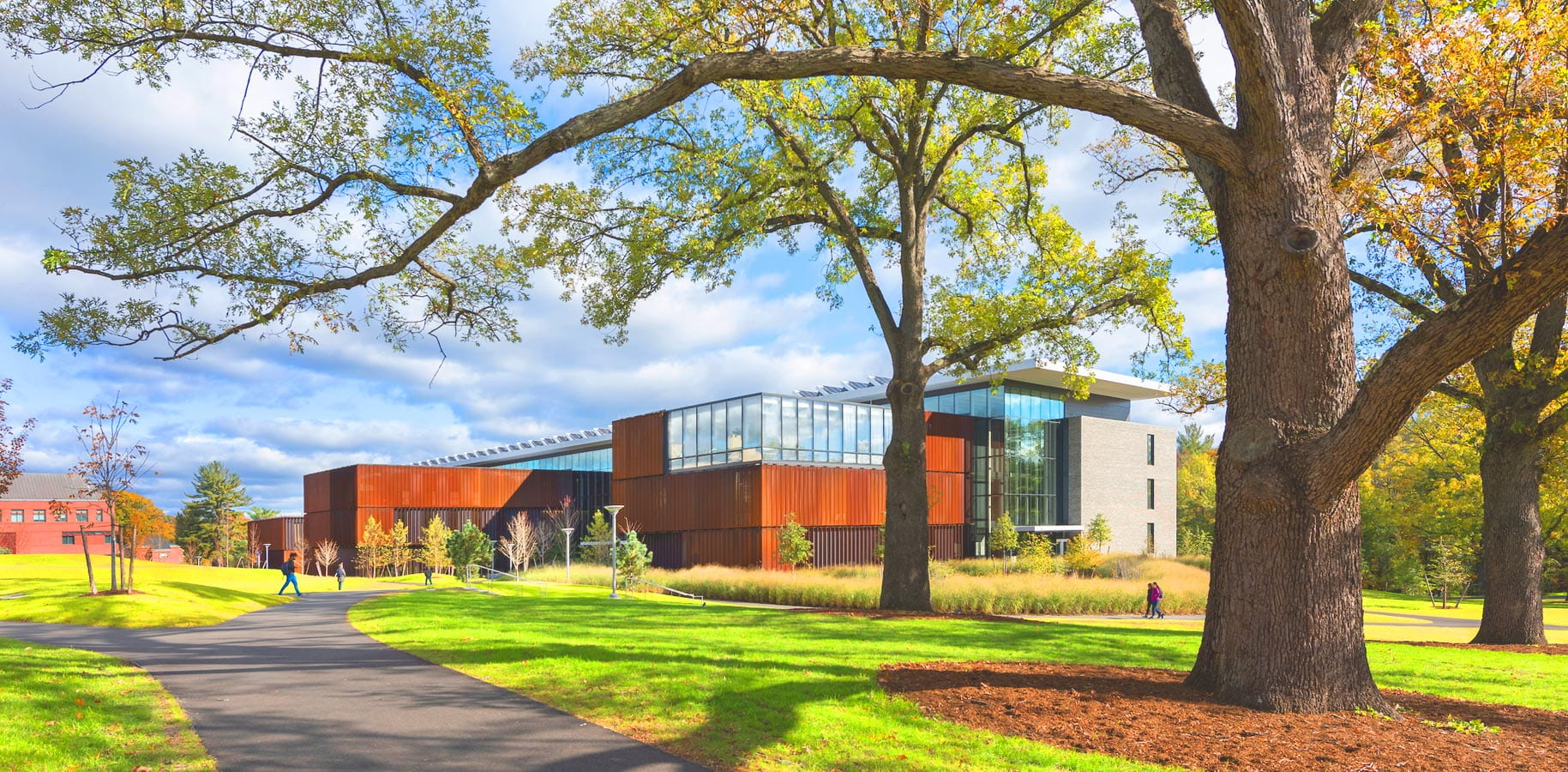Going into the summer, I hoped that my research would not be entirely remote. I hoped I would be able to go into the lab towards the end of the summer. That I could go on a research cruise. I had no idea that the pandemic would get worse.
However, I also was surprised by how much I enjoyed my remote internship. I was able to work with a research assistant and graduate student almost every morning. This was extremely useful because the graduate student had recently graduated from UMass Amherst, so we are close in age. We were able to bond over our love of Antonio’s and she really understood what it was like working as an undergraduate in a professional biology laboratory. Having a research assistant with more experience and a graduate student who understood my position really helped me articulate my confusion and get informative responses. Sarah and Julia helped go over things that confused me from the day prior and answer any questions or concerns I had for the day ahead. They both had their own part of the project to do, but that did not stop them from checking in on me and making sure I was not lost.
I ultimately spent a lot of time on my laptop either identifying zooplankton from samples taken on previous cruises or creating graphs on R to plot the data we had. It was a bit frustrating because all the data from the February cruise I was working on had not been completely compiled yet. The other researchers were unable to scan the samples and upload all of them before WHOI shut down in March. I learned how to use what limited data I had to make a good foundation. This foundation will hopefully make it much easier for the next researcher to identify zooplankton or plot the data. This means I had to create clear instructions so that only the name of the data file will have to be changed. Ideally, all of the code I created will be used to make plots for the lab and potentially be in a published paper. I also sorted enough zooplankton data sets for the computer to fairly accurately sort future data sets. A few more data sets may need to be added, but it is a good start.
Wrapping up the summer and going into the school year, I am excited for the change. I’m excited to have professors provide more direction and have more of a schedule. This summer, while I met with Sarah and Julia every morning, the rest of the day was mine to plan. I balanced spending time with family, having alone time, and actually sitting down to work. I missed being in a dorm, having scheduled club meetings and practices, having set class times. While it was nice to have some flexibility this summer, I learned that I really need more structure in my life. I thrive off of having a planner and having things to do. I also like being able to complete assignments and finish up papers. It is very satisfying to put hard work into something then be able to see the outcome. However, I leave my internship with WHOI not being able to see the results.
The Ocean Twilight Zone project has a few more years worth of funding and needs to collect way more samples. The researchers need to be able to get back into the lab and get out on cruises. With the pandemic, that just is not possible right now. Since Massachusetts has been doing better, WHOI has been able to start phased reopening and a few people are able to go into that lab. But there is still lots of work to do. However, I have faith that my work this summer will help the Llopiz lab quickly catch up on time lost due to COVID-19 and that I have walked away with lots of new marine biology knowledge. I hope to keep in touch with the lab and continue to follow their research. Hopefully, we will understand the Twilight Zone better and will be able to preserve this part of the ocean that helps fight against climate change.
I want to thank Joel Llopiz for giving me the opportunity to work in his lab and for everyone working in the lab for supporting me. I could not have done all that work this summer without my fellow researchers, specifically Sarah and Julia. If you want to know anything else about the Ocean Twilight Zone or WHOI, please email me at kredmond23@amherst.edu. I hope you all stay safe and healthy!
